Thursday, May 9, 2024
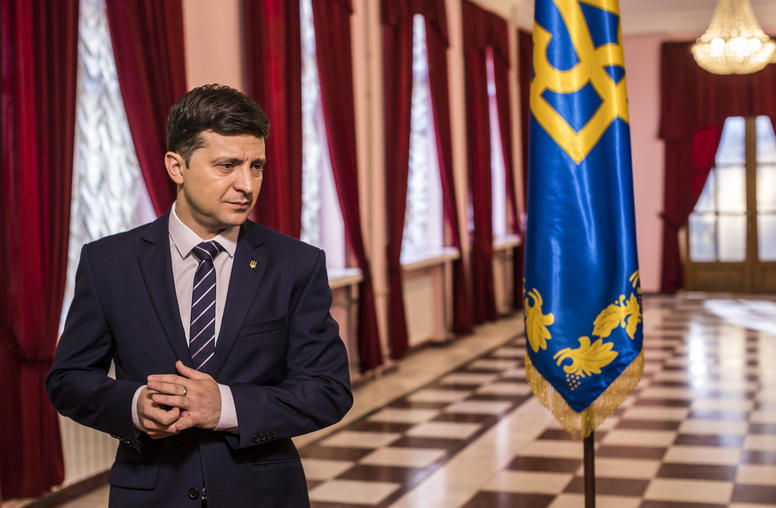
Ukraine’s Presidential Vote: Free but Not Yet Fair
Following Ukraine’s first round of presidential voting on Sunday, the country faces a tough, maybe nasty, two-week campaign for the runoff. This second election since the 2014 pro-democracy movement that Ukrainians call their “Revolution of Dignity” reflects significant consolidation of Ukraine’s democracy in the intervening five years. That is no small achievement, given Russia’s continuing interference—especially the war in Ukraine’s Donbas region, which has killed more than 13,000 people in those five years.
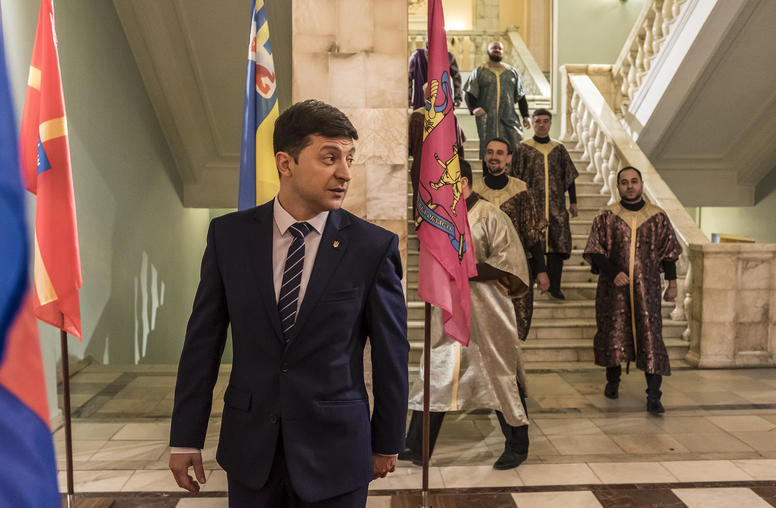
Ukraine just held a political earthquake. Here’s how to respond.
In electing a political newcomer as president, Ukrainians have conducted their third revolution in 27 years of independence from Russian rule. Millions filled public squares to demand democratic accountability in the 2004 Orange Revolution and the 2013-14 Euromaidan. But last Sunday, Ukrainians overhauled their government through the ballot box—a consolidation of their maturing democracy. They elected television actor Volodymyr Zelenskiy with 73 percent of the vote, a protest against persistent economic and political corruption and disappointment with lack of progress ending the war in the east of the country. Like any sharp political turn, it raises uncertainties—but the international community should reinforce Ukrainian voters’ demand for truly effective anti-corruption reforms, and for continued –even expanded – pressure to counter Russia’s assaults on Ukraine’s independence.
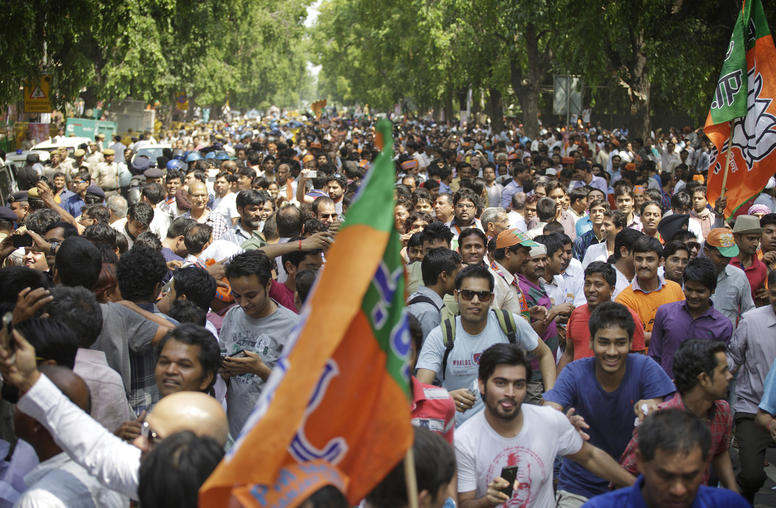
India: Keeping the Peace in the World’s Largest Election
From April 11 till May 19 voters are heading to the polls in India. Organizing an election with roughly one million polling stations and an electorate of 900 million people is no small effort. Providing security presents a herculean task in the face of religious intolerance, rising tensions in Kashmir, and inter-party clashes in northeast India.
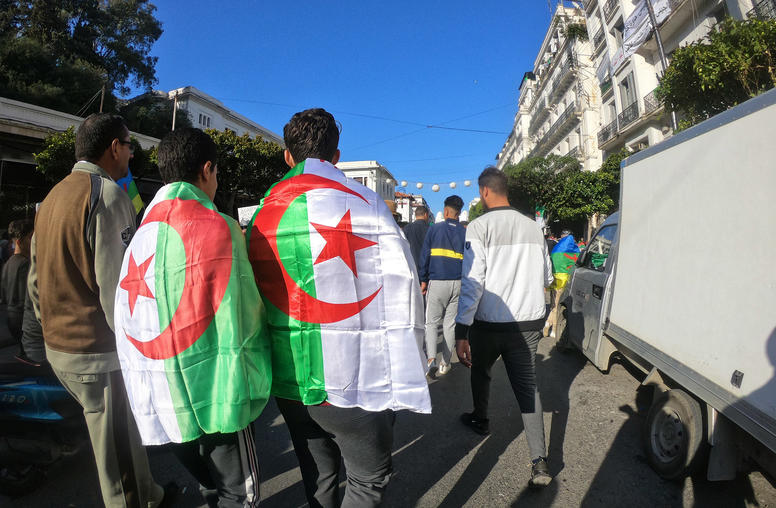
The Dilemma of Delaying Elections
Algeria’s Constitutional Council announced over the weekend it would cancel elections planned for next month in response to demands from protesters. Although such delays are often criticized, there are often good reasons to postpone an election in countries at risk of violent conflict. The security situation may complicate the logistics or put poll workers and voters at risk; heated campaigns may risk escalating communal tensions and endanger candidates; or conditions for a fair campaign may simply not be in place amid a state of emergency. At the same time there are risks associated with postponing a voting process. Along with Algeria, other recent examples from Afghanistan, Libya, and the Democratic Republic of the Congo highlight this dilemma.
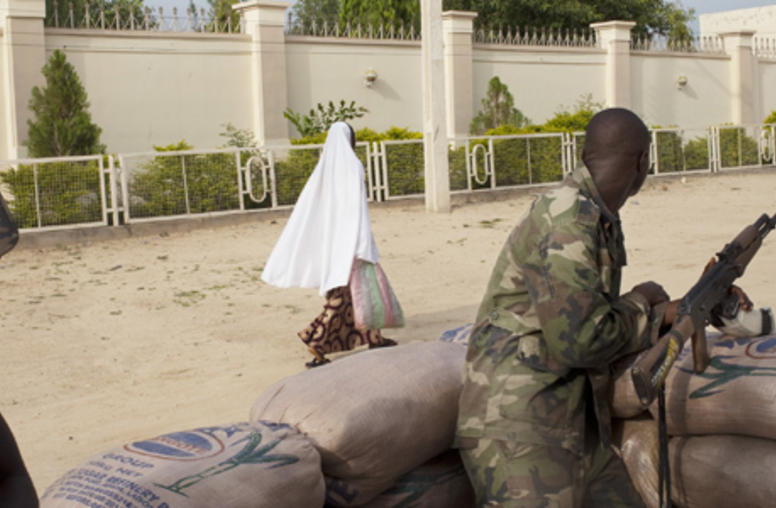
Nigeria Attacks Flare, Highlighting Fragility Before Elections
A recent flare of attacks in northern Nigeria by the militant group Boko Haram illustrates the potential for more widespread unrest, especially as the country nears elections next month, and the trend highlights the need for political leaders to take action to prevent further violence, USIP experts say.
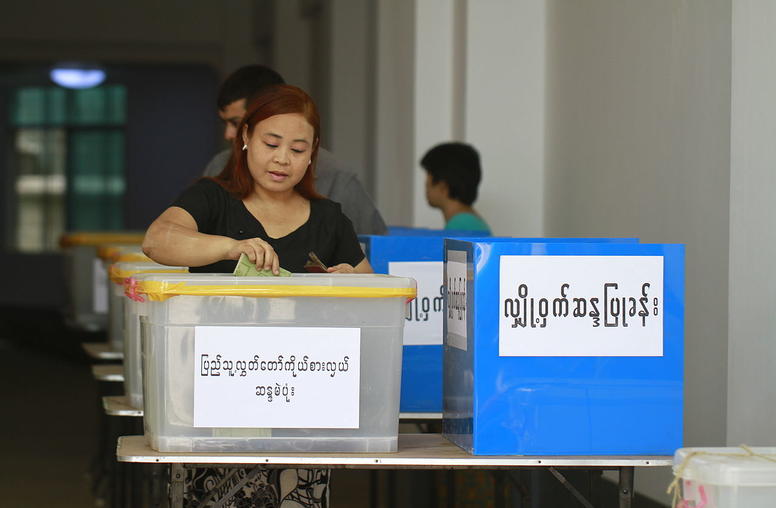
Burma: Can the 2015 Elections Overcome the Legacy of 2010?
Burma’s Union Election Commission (UEC) appears to be preparing for a much more transparent and inclusive parliamentary election in 2015 than we saw in 2010. Its work with civil society, political parties and international organizations already stands in stark contrast to its management of the 2010 balloting. The test of its performance, of course, will be whether the contestants in the election believe the outcome has not been unduly manipulated.
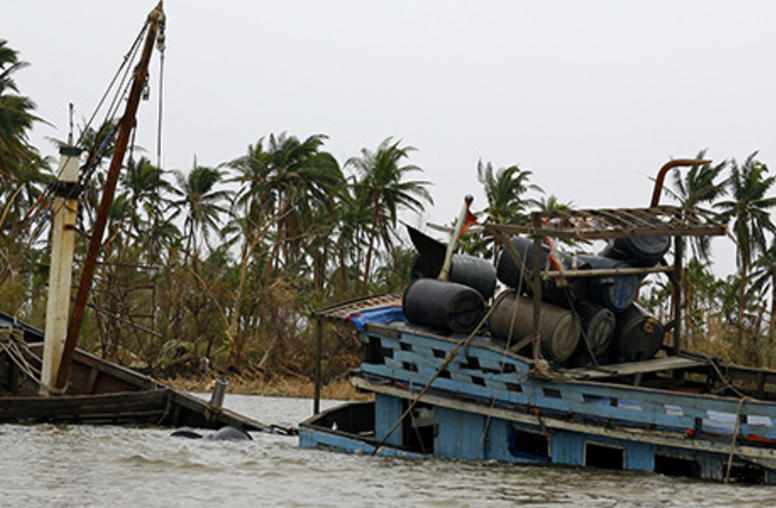
Myanmar’s Vital Election Faces Ferment and Flood
The past week’s turmoil within Myanmar’s ruling party has underscored the power of the country’s armed forces less than 12 weeks before parliamentary elections that civil society activists and others say are vital to consolidating a democracy following a half century of military rule. Security forces surrounded the headquarters of the ruling Union Solidarity and Development Party last week to enforce an order by President Thein Sein dismissing the party’s leader, Shwe Mann.
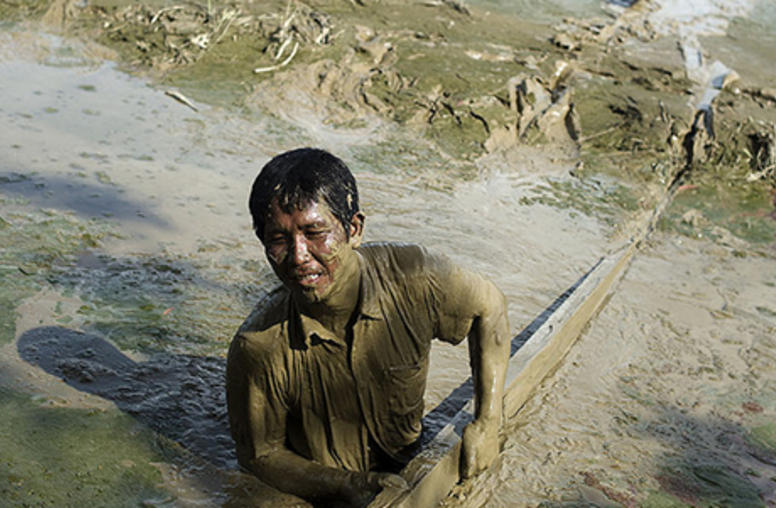
Myanmar Election Season Makes Dramatic Start
Myanmar’s 2015 election season is off to a dramatic start. Massive flooding and complaints about inaccurate voter lists have caused delays in early procedural deadlines. In a midnight raid on the headquarters of the governing Union Solidarity and Development Party (USDP) party, ministers from the president’s office, accompanied by soldiers and police, deposed the speaker of parliament, Thura U Shwe Mann, as head of the party. Meantime, when the list of candidates was released for the National...
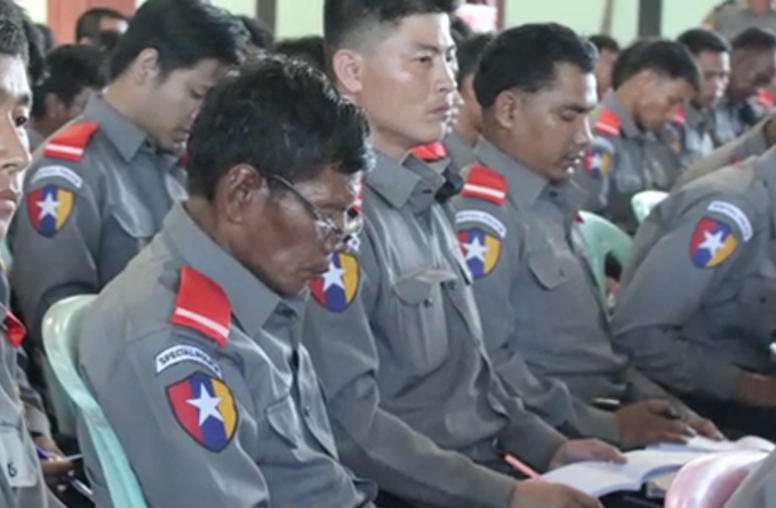
Securing Myanmar’s Impending Elections
Myanmar is preparing for parliamentary elections on Nov. 8, posing a major test of the government’s reform program and potentially producing significant shifts in the country’s political landscape. Although the political structures created by the military constitution of 2008 and many of the conditions that govern these elections give the government party an advantage, the opposition is buoyed by the opportunity to campaign relatively freely compared with past experience.
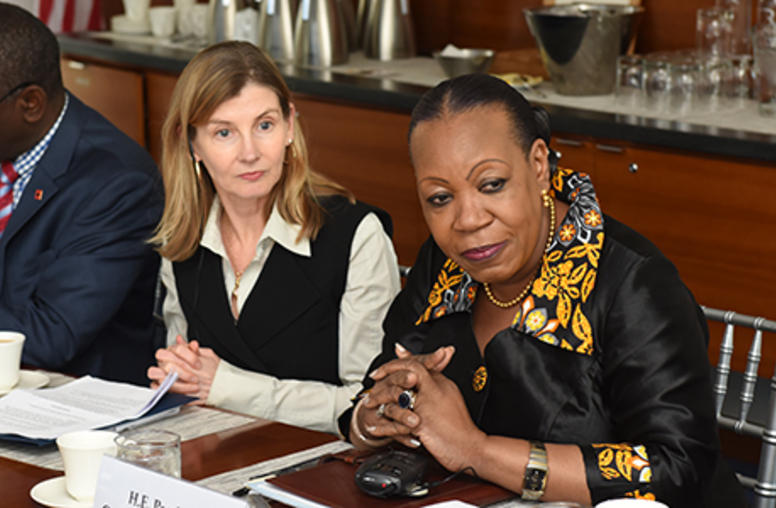
Beyond Elections in the Central African Republic
After successfully holding national elections on Feb. 14, the Central African Republic is poised for a new stage of its political transition and the rebuilding of the country following years of deadly conflict. But outgoing Interim President Catherine Samba-Panza told USIP in a videotaped interview last week that any sustainable resolution and reconciliation will have to involve the population at the grassroots level.
